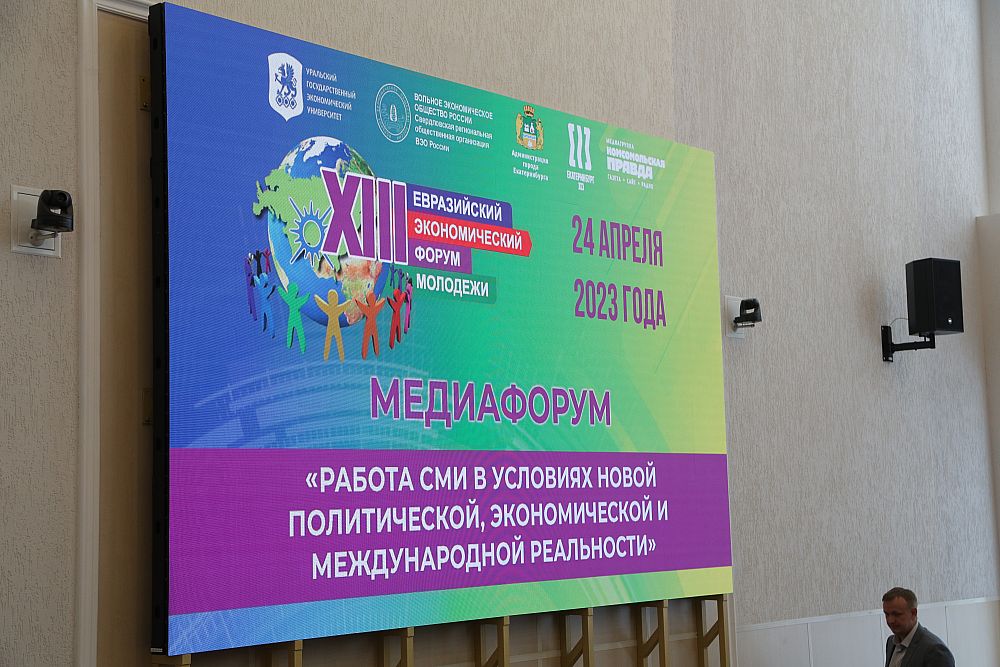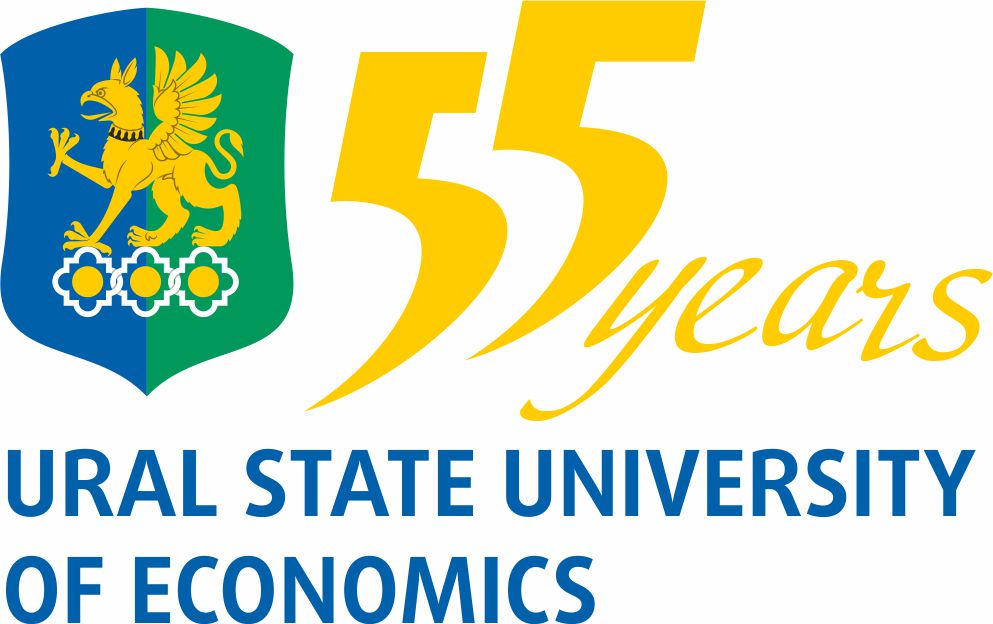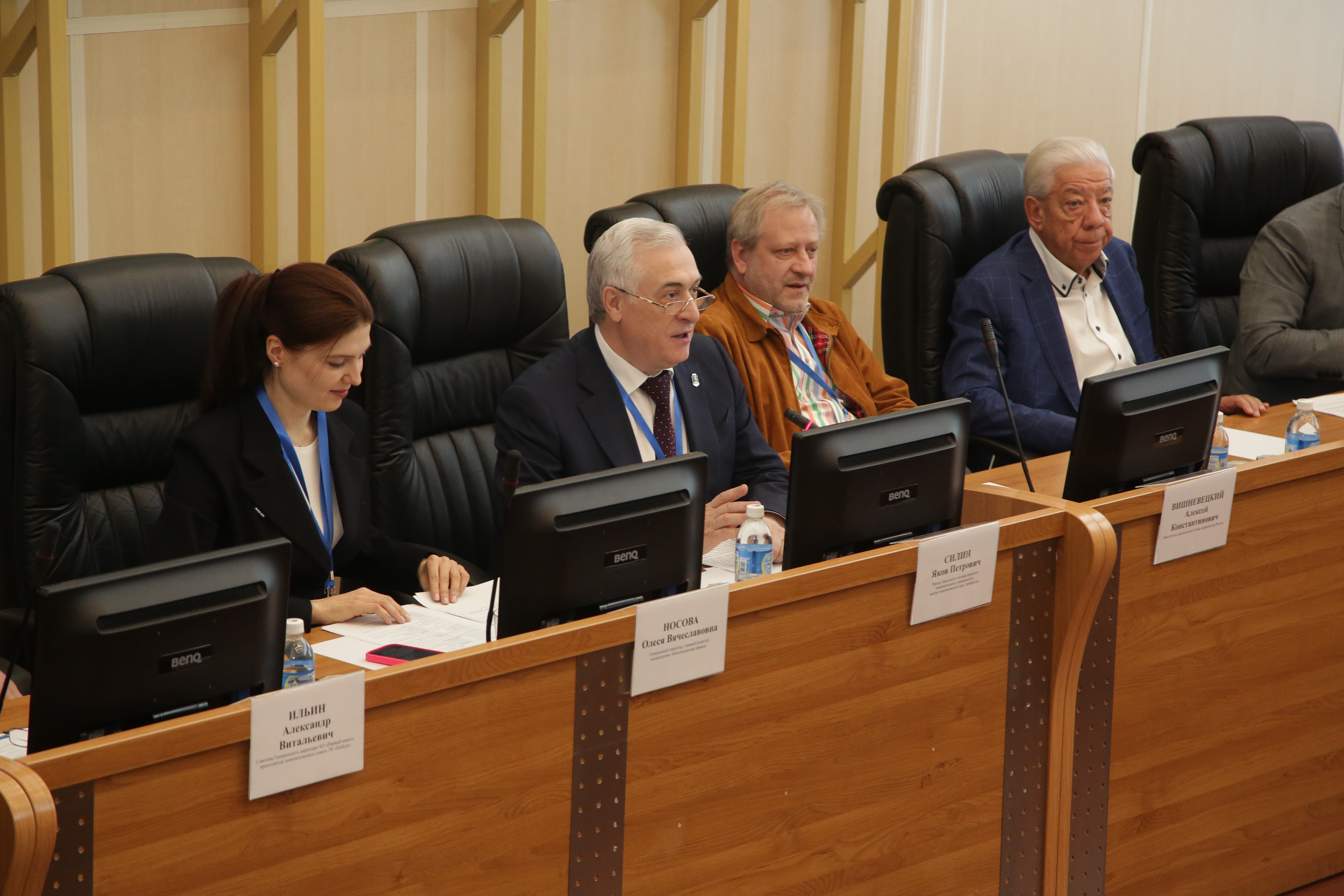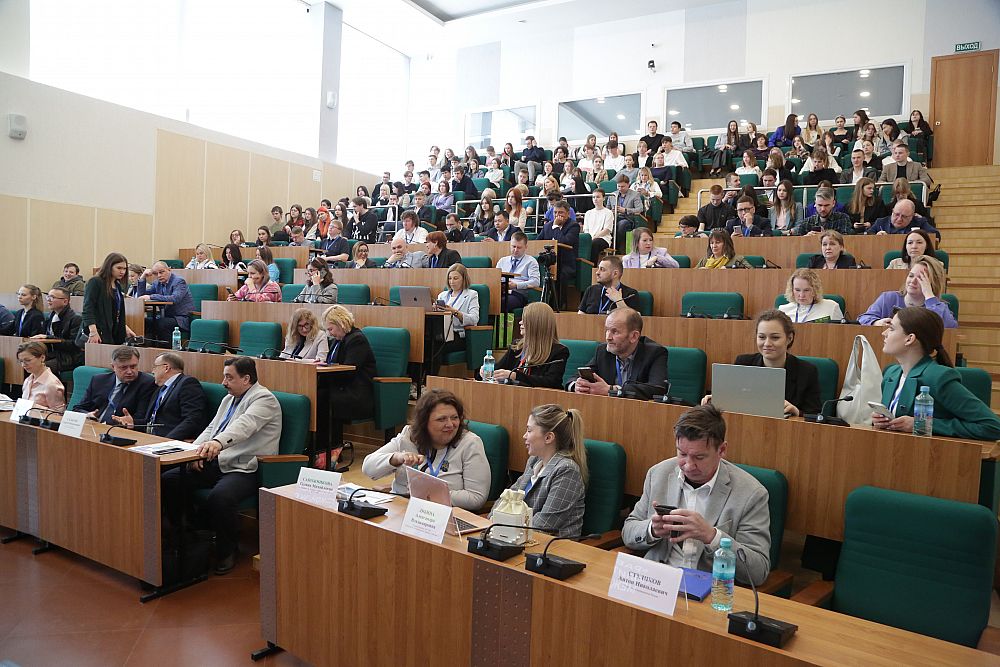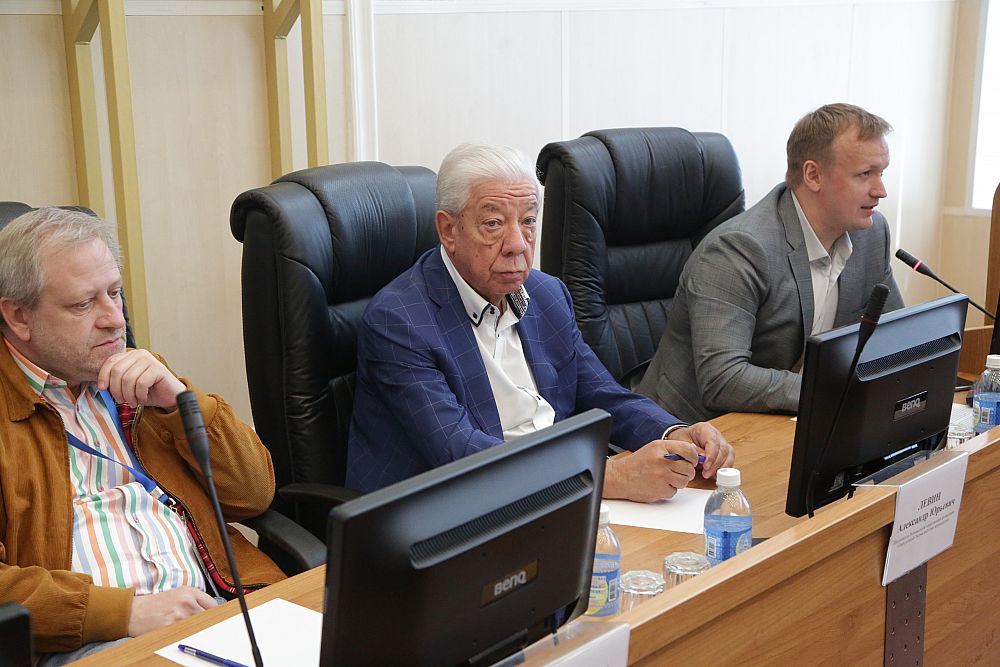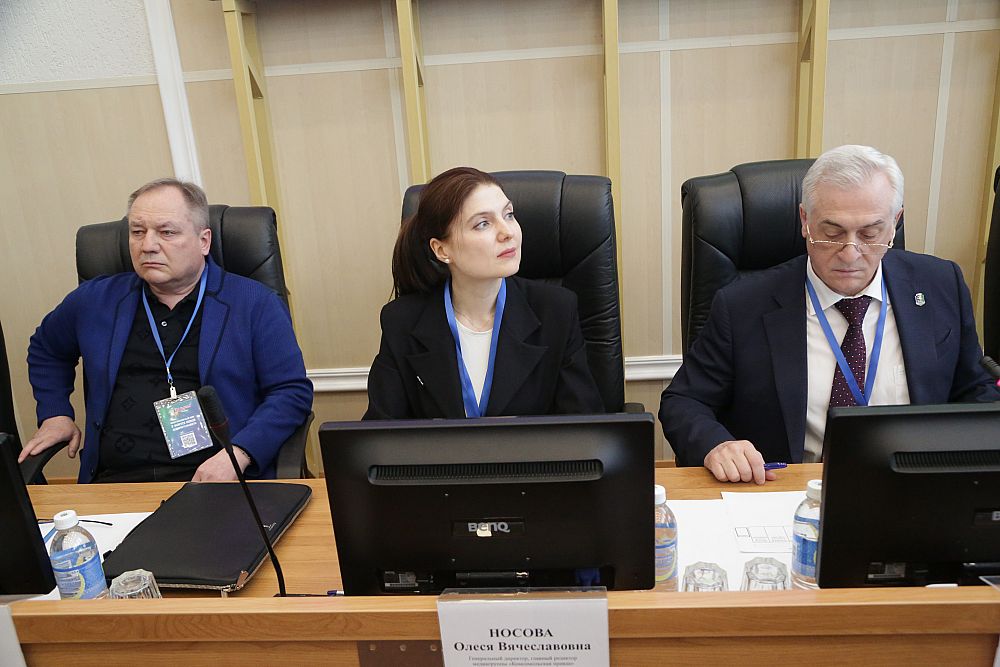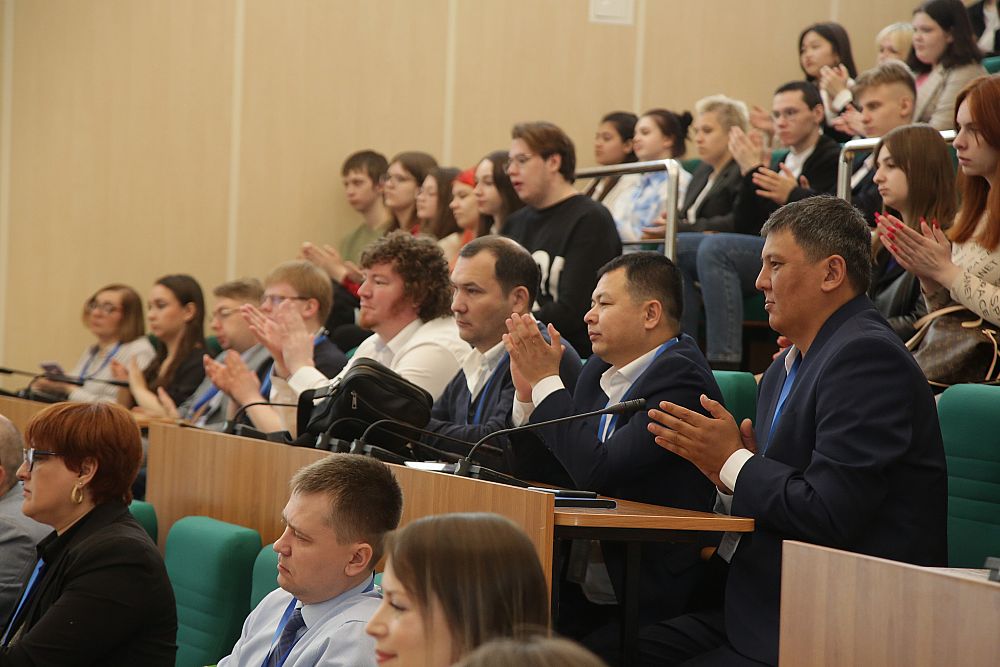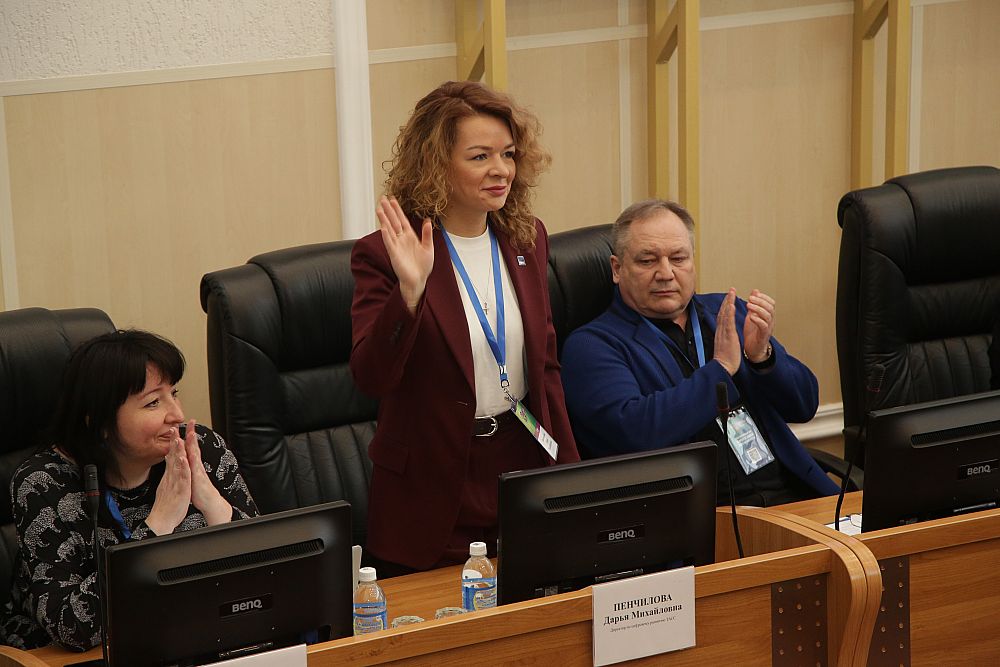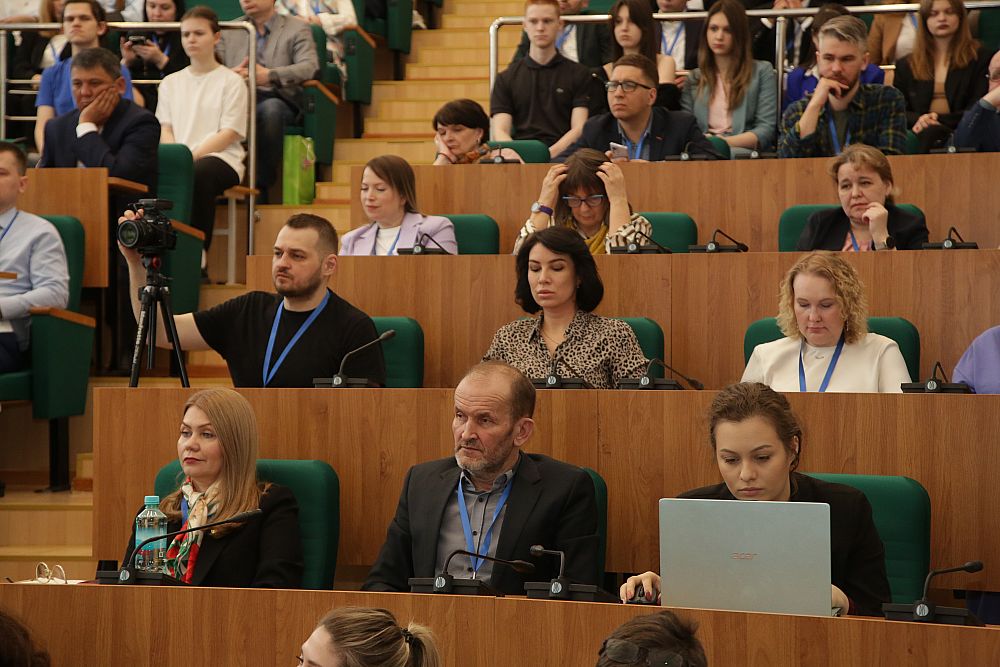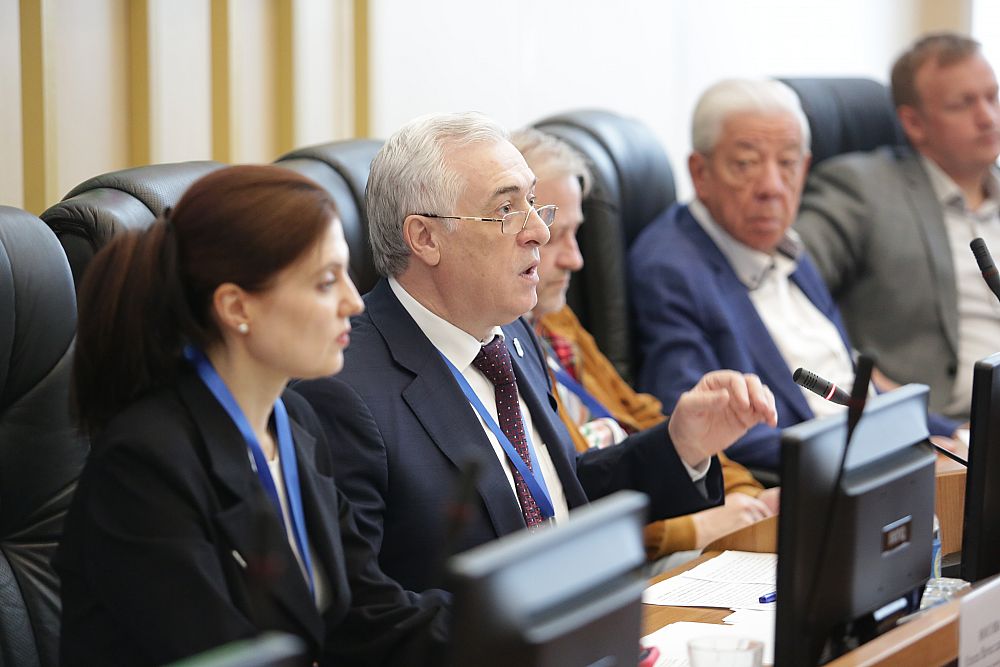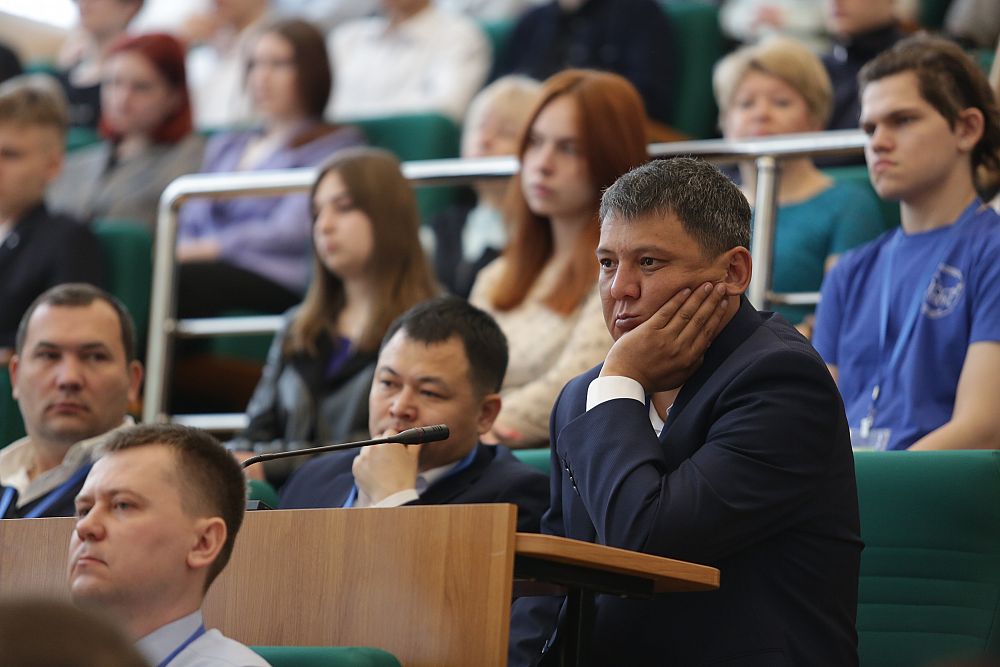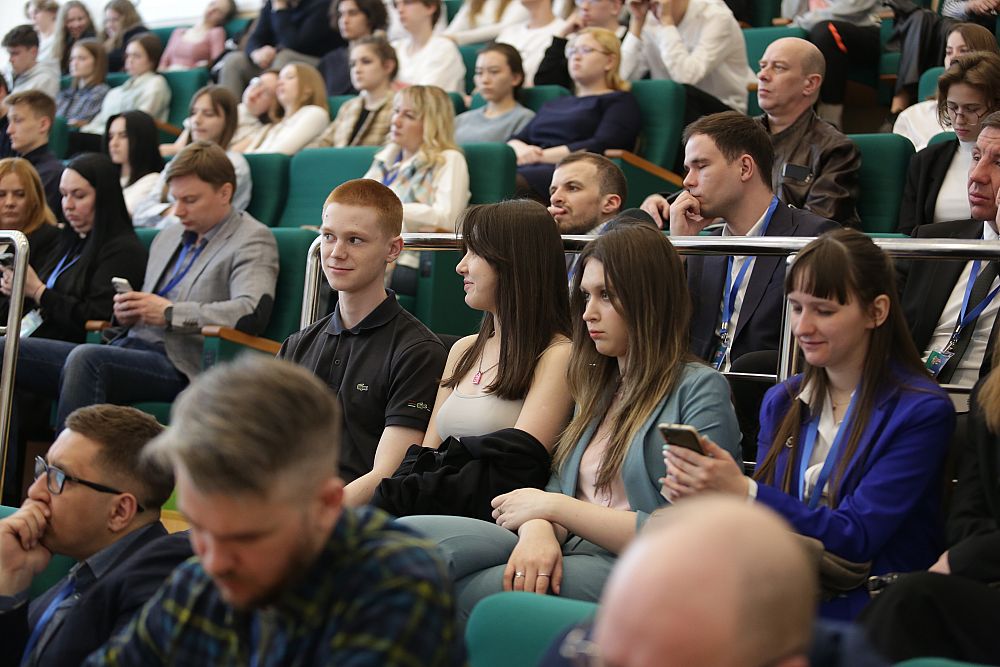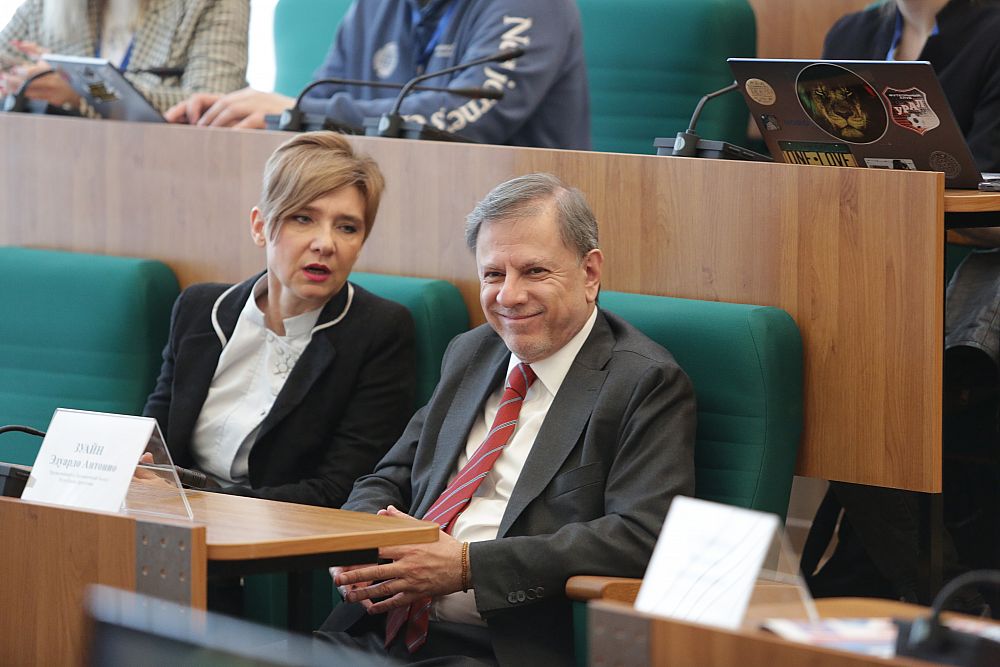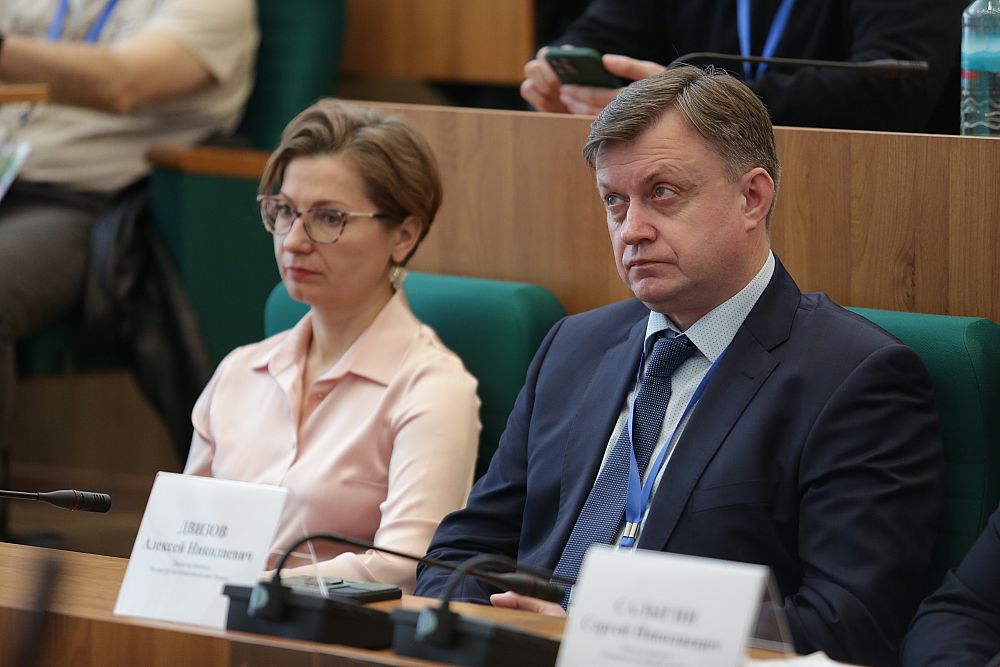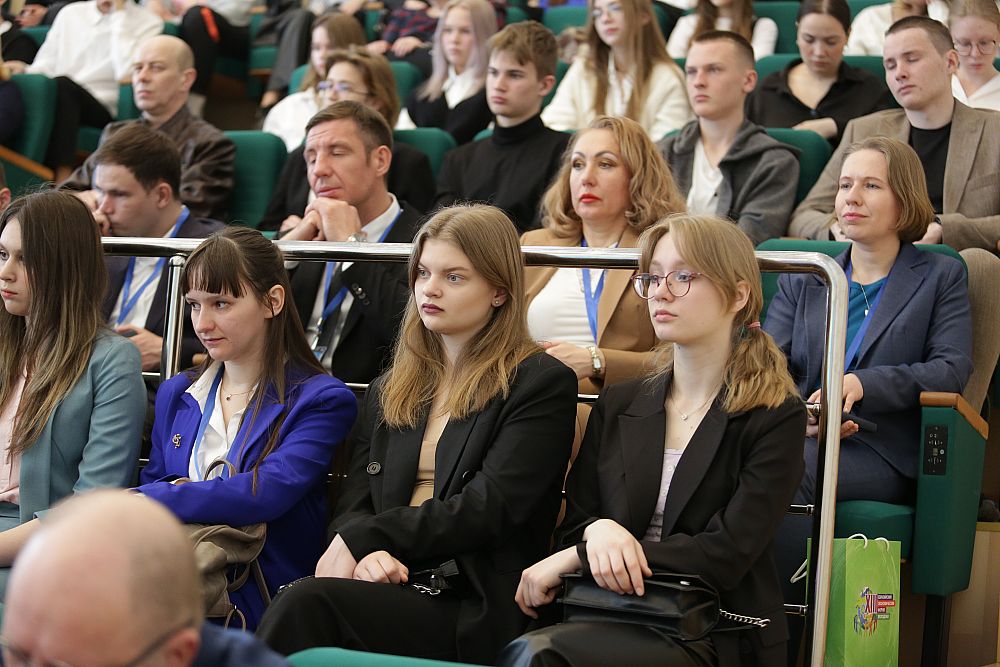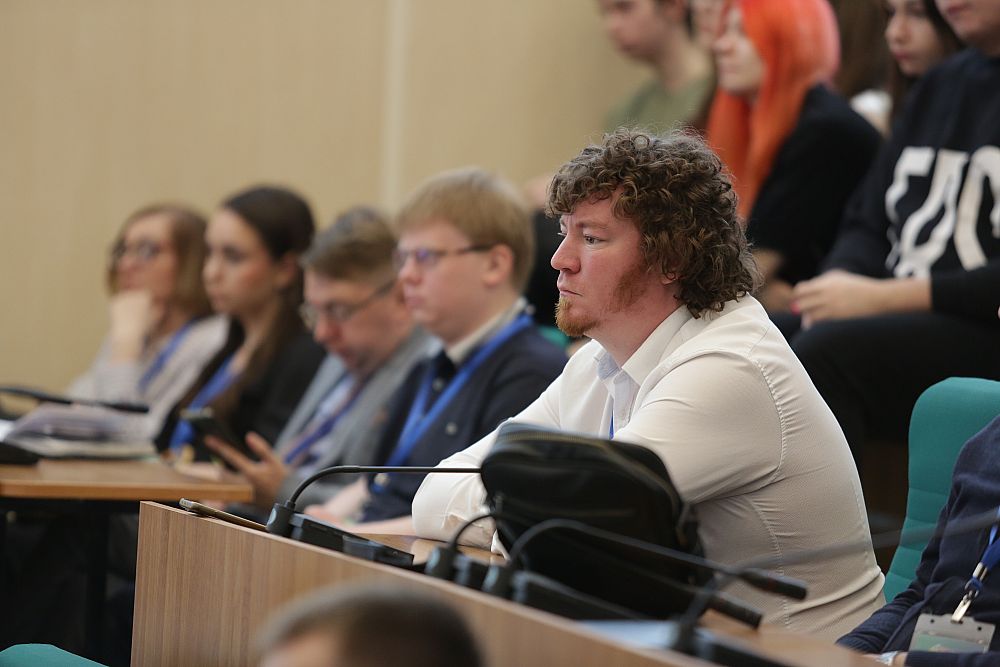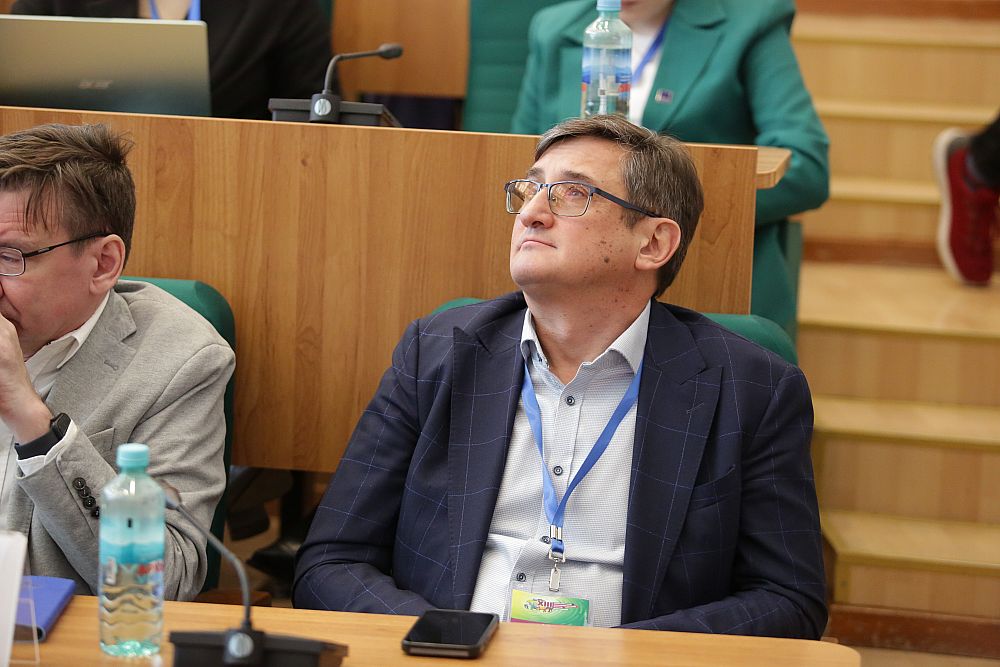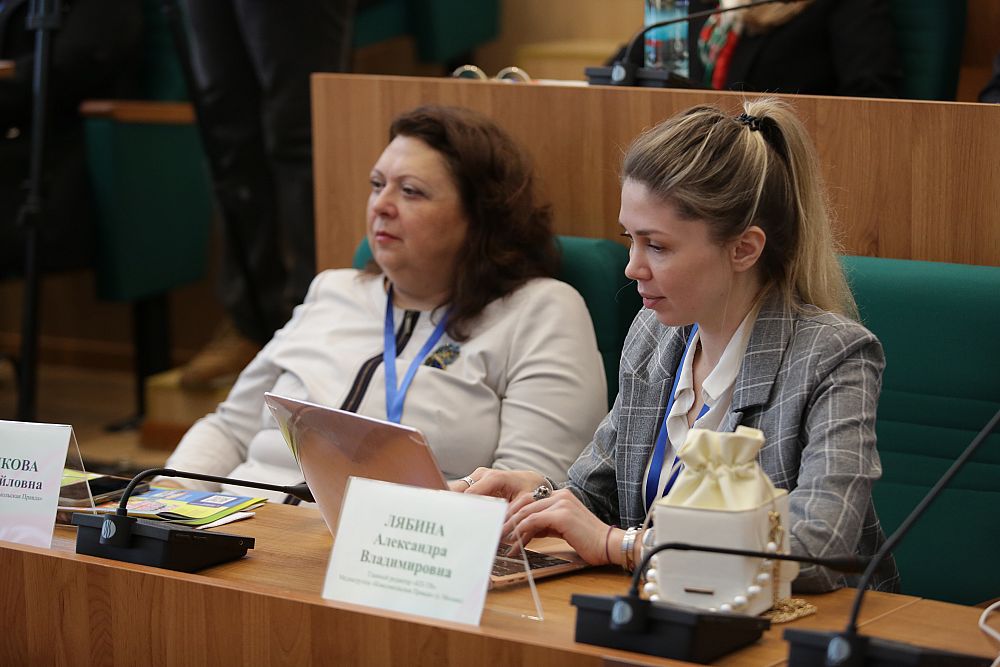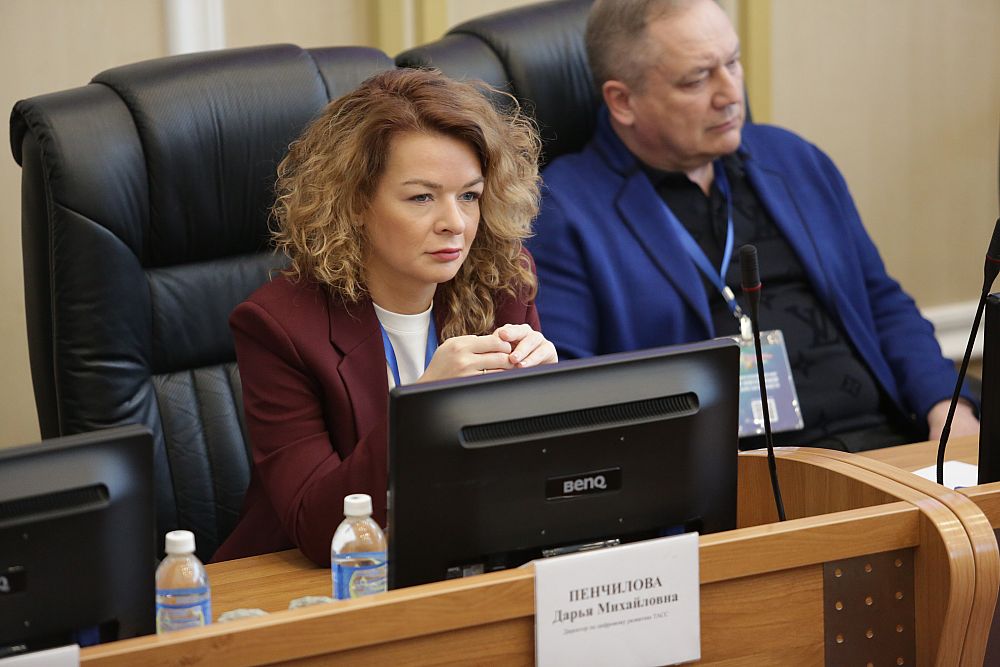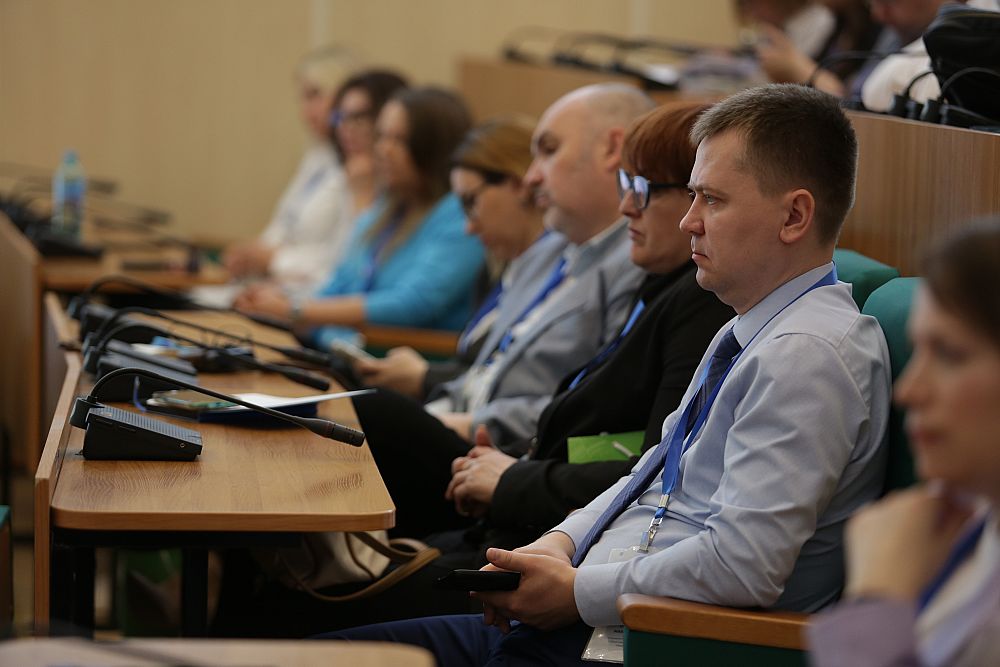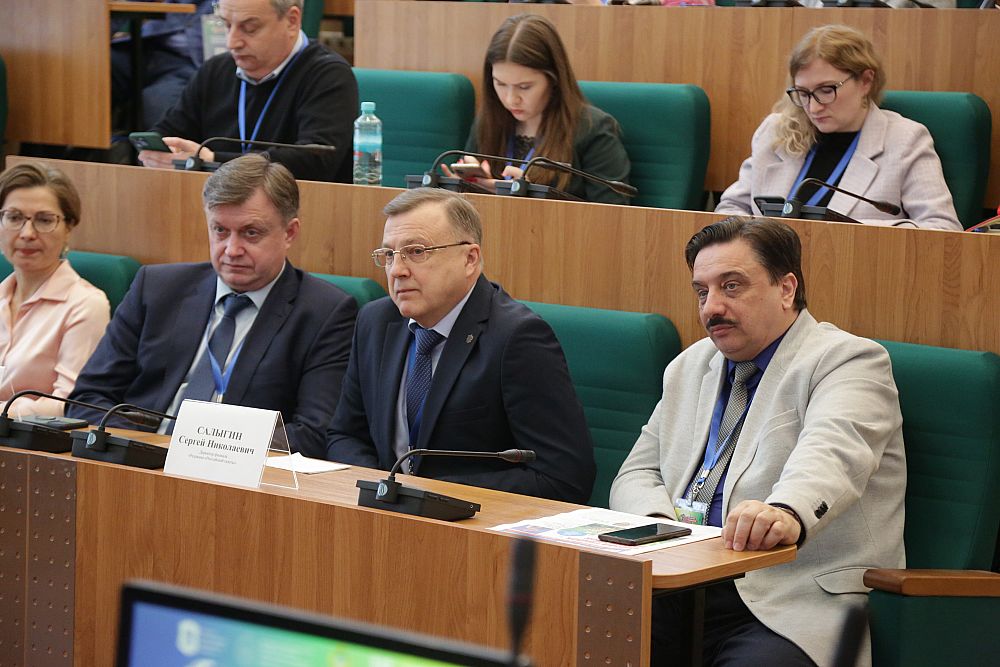 See other releases of corporate mass media
See other releases of corporate mass media
What are journalists talking about?
The first media forum in the history of EEYF is held within the walls of Ural State University of Economics. The work of the media forum began with a plenary session.
The Media Forum “Operation of Media under the New Political, Economic and International Reality” brought together representatives of 43 media outlets from seven CIS countries and press offices of 16 municipal administrations of the Sverdlovsk region.
“It is very significant for us that all of you responded to our invitation and gathered to discuss important issues,” USUE Rector Yakov Silin said. “The task of media is both to reflect how the world is changing and to help the public form the correct perception of these changes. The topic of the media forum resonates with the theme of the XIII EEYF - “Multipolar World in Focus of New Reality.” The topic is hot, and this is confirmed by the record scale of the forum: forum events are held at 11 venues besides USUE, it gathered about 12,000 participants from 108 countries.”
One of the first speakers at the plenary session was the Ambassador of Argentina to Russia, Eduardo Zuain. He is grateful to Russia, who stepped in during the most difficult period of the pandemic and supplied the vaccine to his country. The diplomat emphasized that the youth for whom the EEYF was established, will play a crucial role not only in the future, but they do it already now, and it is very important to have a dialogue with the new generation on issues of society, economy, and international relations. Media, as Eduardo Zuain noted, are critical for making the world aware of all the good things that happen in society, so he is happy to take part in the media forum with such a representative composition of participants.
Today there is a lot of debate whether printed and electronic media are necessary. Someone is sure that soon no one will read newspapers, watch TV channels, and listen to the radio. Olesya Nosova, general director of the Komsomolskaya Pravda media group, does not agree with this. Opinion polls show that in the context of the coronavirus pandemic and then a special military operation in Donbass, society is showing more and more interest in traditional sources of information.
“Now it is not so much the speed of information delivery that is important for us, but its quality. We prefer to wait for reports from staff reporters in the SMO zone, rather than replicate every news story, which, thanks to modern technology, is very easy to fabricate. In particularly troubled times, we strive to present as much verified information as possible, therefore we release special issues of KP. Unexpectedly, such difficulties that social isolation posed for all of us in 2020 opened up new opportunities for journalists,” said Olesya Nosova.
The director of the KP Publishing House also noted that under a huge flow of information of dubious quality on the Internet, a newspaper gains actually the role of a document that people believe. Radio, too, today does not scale back and attracts listeners. Therefore, there is no point to prematurely “bury” traditional media.
Aleksei Vishnevetsky, deputy chairman of the Union of Journalists of Russia, agrees with Olesya Nosova. Speaking about assessing the quality of media officers’ work, he suggested separating journalists and bloggers.
“A blogger contacts a viewer directly. Whatever comes into his head, he gives out. A journalist never works alone, a journalist always has an editor. The responsibility for any spoken word is high. In the work of a journalist, reliability is more important than promptness. And the interest and right of people to receive reliable information are above all,” explained Aleksei Vishnevetsky.
Photo gallery:
